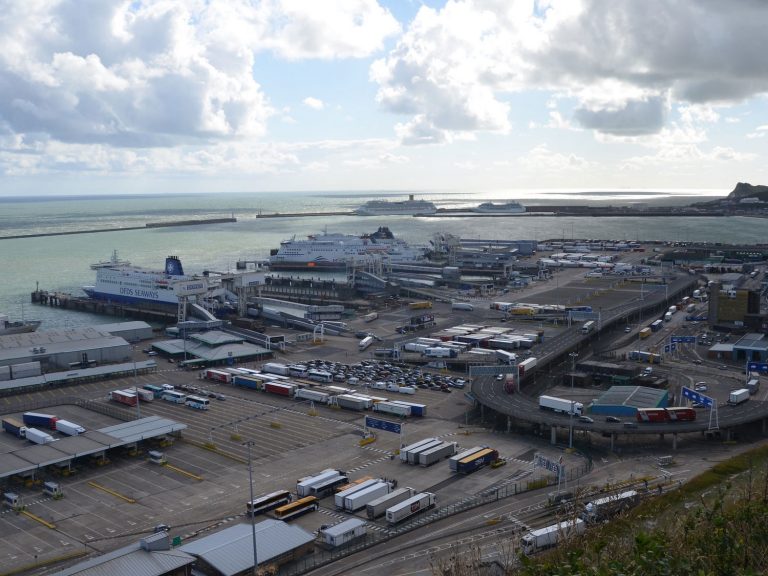
Date:
HMRC call time on payment extensions
From 1st July duty deferment users, and EORI-registered importers who pay cash or an equivalent and do not hold a duty deferment account, will need to make payments of customs duties and import VAT by the relevant due date.
As part of the package of measures put in place to support businesses experiencing financial difficulties as a result of COVID-19, businesses have been able to request an Extended Payment Arrangement (EPA) allowing them an extended period for paying customs duties and import VAT due in April, May and June.
Temporary EPA measure will not be continuing beyond June.
However, if a business is still experiencing financial difficulties as a result of COVID-19 and is unable to pay import duties due in July (including any amounts becoming payable under a previously agreed EPA) they may be able to set-up a Time to Pay (TTP) arrangement with HMRC.
Further details on this, as well as the steps businesses now need to take to meet July payments, are provided below.
Q1. What action do businesses need to take if they have cancelled a Direct Debit having been granted an EPA for April, May or June?
Businesses who have previously cancelled their Direct Debit will need to check their Direct Debit status with their banks to see if it can be re-instated or if they need to set up a new Direct Debit (link to mandate) in time for the 15 July payment date.
Q2. What do duty deferment users need to do if they can’t make the payment due in July?
If a business is facing severe financial difficulties as a direct result of COVID-19 and is unable to make payment of customs duty and import VAT due in July they should email the Duty Deferment Office (cdoenquiries@hmrc.gov.uk) as soon as possible.
Q3. What do other registered importers need to do if they are unable to make a payment due in July?
If an EORI-registered importer is facing severe financial difficulties as a direct result of COVID-19 and is unable to make a payment of customs duty and import VAT due in July they should contact HMRC to request a TTP. All requests will be considered on a case-by-case basis. They should email custdebtrr.customspolicy@hmrc.gov.uk for further information.
Q4. What do businesses do if they have previous outstanding payments, or payments under an EPA that they can’t pay by the agreed date?
If due to severe financial difficulties as a direct result of COVID-19 a business has a debt in place and/or an EPA but cannot meet the agreed payment date they should contact the COVID-19 helpline (0800 024 1222) as soon as possible to discuss payment options.
Q5. Will HMRC agree a TTP for any business experiencing financial difficulties due to COVID-19?
HMRC will discuss the option of a TTP with any business unable to make payment in full due to COVID-19. This would afford a business the ability to pay their tax/duty liabilities via instalments as opposed to all in one go. A business’s suitability for a TTP will be considered on a case-by-case basis and HMRC would expect businesses to have sought finance through other channels.
Q6. Will duty deferment users be able to agree a TTP without having their deferment account suspended and their guarantee called on?
If HMRC agree a TTP on the basis of severe financial difficulties being experienced by the business as a result of COVID-19, they will be able to continue to use the Duty Deferment Account (without their guarantee being called on), provided that they make the required instalment payments by the agreed dates.
If HMRC cannot agree a TTP, consideration will be given to the suspension of the DDA and collection of the guarantee (if one is available).
Q7. Will HMRC charge interest on outstanding debts covered by a TTP?
We anticipate that generally interest charges will apply for TTPs agreed from 1 July onwards. Generally, interest will also apply to debts which become payable from 1 July onwards that are not covered by a TTP.
